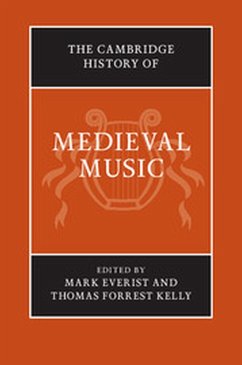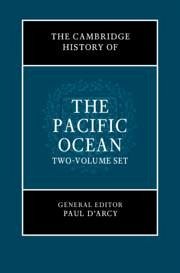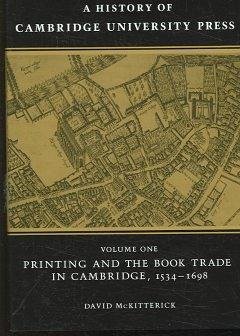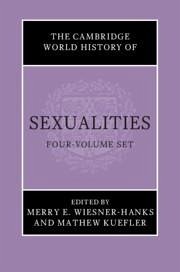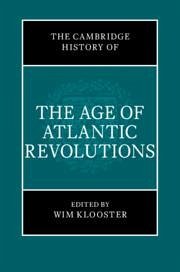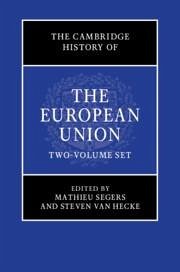
The Cambridge History of the European Union 2 Volume Hardback Set
Versandkostenfrei!
Versandfertig in über 4 Wochen
255,99 €
inkl. MwSt.

PAYBACK Punkte
128 °P sammeln!
Split into two volumes, The Cambridge History of the European Union focuses on European integration from a diachronic, multidisciplinary and multi-institutional angle to provide the most comprehensive and contemporary history of the European Union to date. The volumes do not present a strict timeline of historical events; instead they look at the various themes and changes over time in order to shed light both on the more well-known and on the lesser-known moments in European history. Ranging from the first steps of European integration to the latest developments, the fifty essays from experts...
Split into two volumes, The Cambridge History of the European Union focuses on European integration from a diachronic, multidisciplinary and multi-institutional angle to provide the most comprehensive and contemporary history of the European Union to date. The volumes do not present a strict timeline of historical events; instead they look at the various themes and changes over time in order to shed light both on the more well-known and on the lesser-known moments in European history. Ranging from the first steps of European integration to the latest developments, the fifty essays from experts across the field provide a wholly unique perspective that changes the way we look at European integration history. This is a much-needed addition to the history of the European Union.





